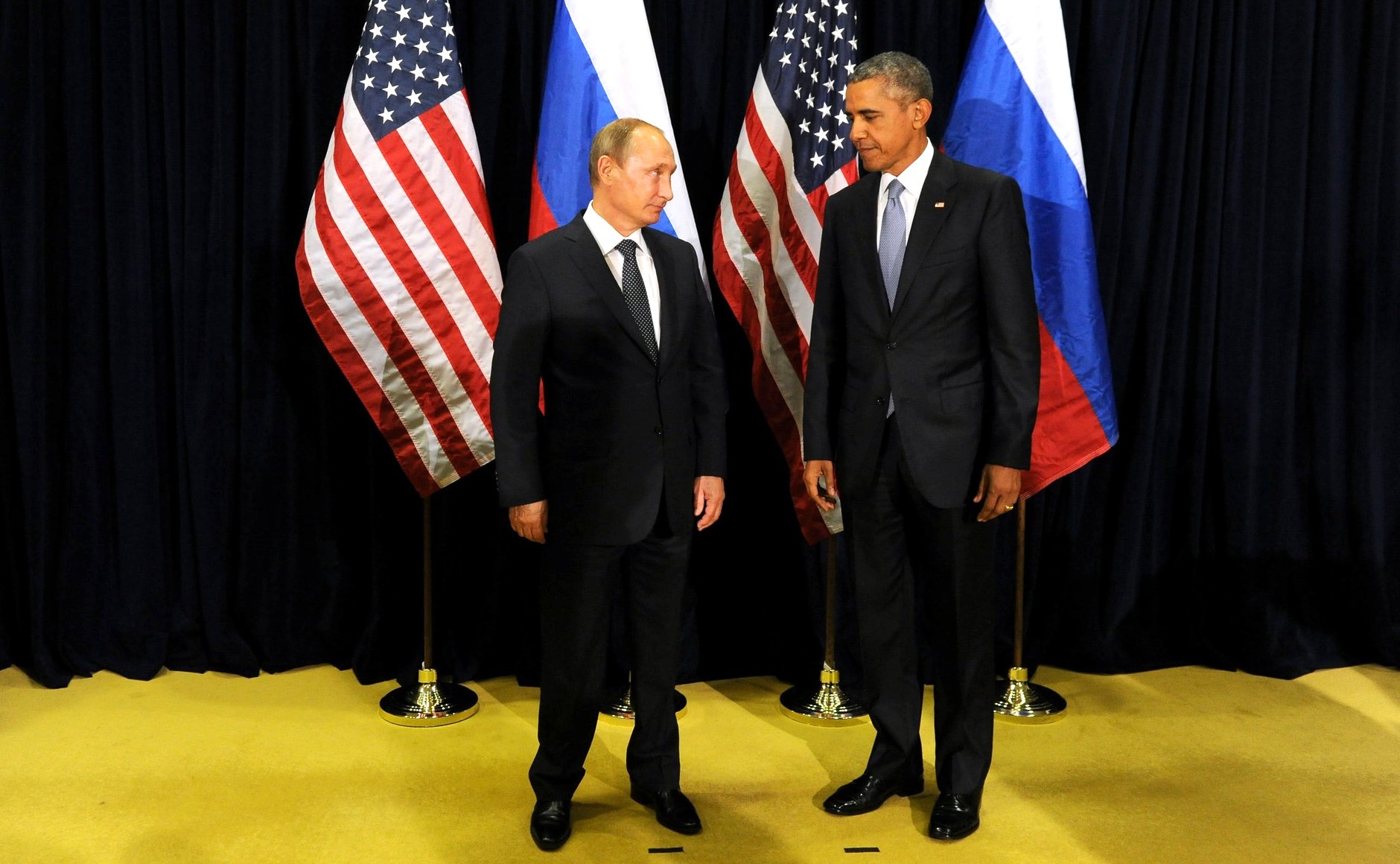The Islamic State’s carnage in Paris and other recent attacks have added more urgency to the challenges facing the Obama administration’s approach to the Syrian crisis. Critics have labeled the approach indecisive, reactive, pathetic, late, absent, dangerous, and other adjectives that reflect the quandary in which Obama and his national security team find themselves.
The speed with which events are unfolding in Syria and associated battlefields – from Iraq to France – forces the administration to constantly consider variations of the following options. But because none of the choices are optimal, Obama and his team often seem immobilized as they attempt to find solutions to what has become a massive political, military, and humanitarian disaster. While future U.S. policy in Syria cannot be predicted, it is likely that Obama, in the waning days of his presidency, will continue to battle ISIS from the air, reject calls for American boots on the ground, and rely on Gulf partners to support the fight against Assad.
Direct Military Involvement
Since the start of the Syrian civil war in March 2011 the administration has resisted becoming militarily involved in what it believes should have been a domestic affair leading to the removal of an autocratic leader and his repressive regime through a peaceful transfer of power. Many opportunities for a reversal of this reluctance to use force have presented themselves: the regime’s chemical weapons use in 2013, its ongoing barrel bomb onslaught against civilian targets, and Turkish and other allies’ pressure to establish no-fly zones to provide safe havens for non-combatants and for a potential opposition provisional government or civil administration.
Obama sees no gain from a military involvement that harks back to the invasions of Afghanistan and Iraq, two countries from which he was and remains anxious to withdraw American troops.
Obama sees no gain from a military involvement that harks back to the invasions of Afghanistan and Iraq, two countries from which he was and remains anxious to withdraw American troops. Calls by Republican Senators John McCain and Lindsey Graham in late 2015 to introduce 20,000 American troops equally to Syria and Iraq increased pressure on the administration. Nevertheless, the outcome of such calls is contingent on whether the countries named by the McCain-Graham initiative – Egypt, Turkey, and Saudi Arabia – accept fielding the balance of the total number of forces proposed – 100,000. Given these countries’ domestic worries and regional commitments, this would be a tall order. The latest row between Saudi Arabia and Iran following the former’s execution of Shi‘i religious figure Nimr al-Nimr, along with 46 others, assures Riyadh’s reluctance to engage in such a scheme.
Continue reading “U.S. Policy in Syria: Weighing Bad Options”


